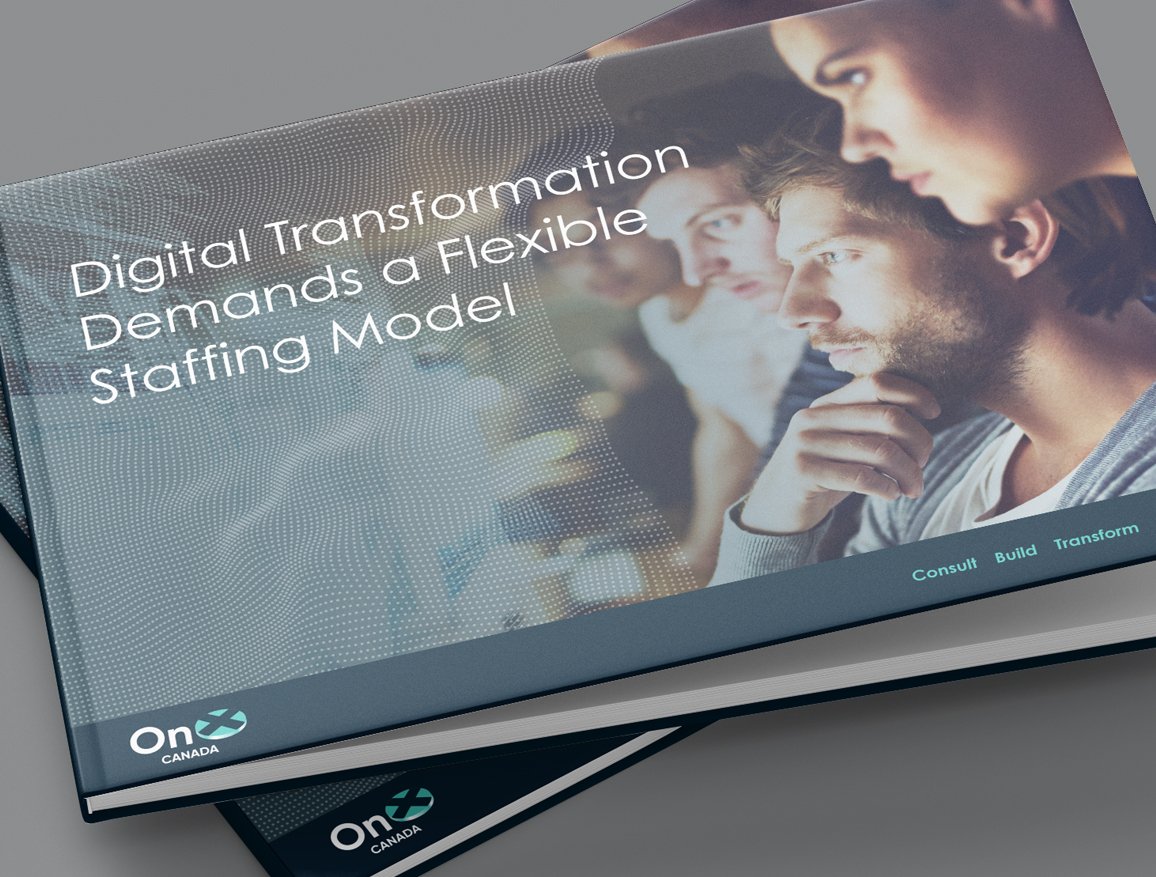Digital Transformation Demands a Flexible Staffing Model
The enterprise is rightly preoccupied with digital transformation, the process of converting legacy business models into forward-leaning strategies in which digital services become the primary driver of revenues. Naturally, this has a broad technological component that stresses cloud computing, automation, artificial intelligence, and other advancements that place a premium on efficiency, high performance, and reliability. But one of the more overlooked aspects of this change is the way it will affect the enterprise workforce.
The Right Person
One of the key challenges going forward will be finding and retaining the highly skilled technical professionals to execute new strategies.
Bimodal Workforce
A key challenge is finding candidates with both the technical know-how and key leadership skills to navigate the organization through an era of unprecedented change.
New Digital Enterprise
The hallmark of the new digital enterprise is the ability to shift from a rigid, inflexible data environment to a lean, dynamic entity that can quickly capitalize on emerging market opportunities while keeping costs to a minimum.

